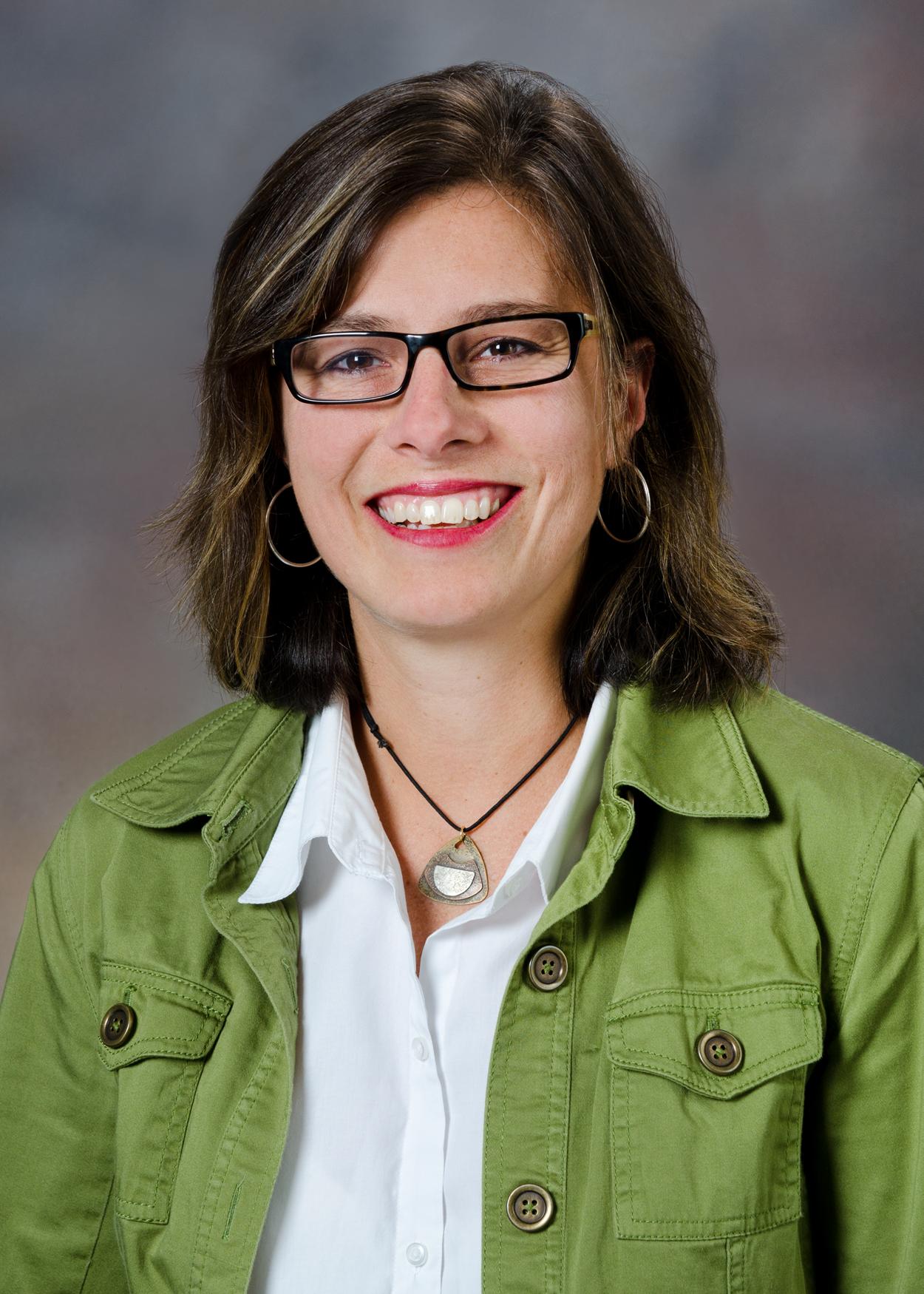June 10, 2013 – Fear engulfed Dr. Frances Biagioli when she was diagnosed with multiple sclerosis after noticing some strange feelings in her left leg, as if her knee would give out. A young mother with two children under the age of 3, she knew the disease could leave her paralyzed. She feared the loss of independence, being a burden, losing her cognitive ability.
“I am now a patient, the tables are turned,” she wrote, shortly after being diagnosed. “My medical knowledge doesn't help. It hurts. The doctors assume I do not need the explanations. I can adequately answer my family's questions. I do not need hand-holding. I think of the patient who is stunned by his/her new diagnosis, hears nothing of what the doctor says, and has a million remaining questions. I understand.”
The treatment she endured was painful, as she injected medicine into her thigh with a long cold needle, her muscle twitching involuntarily. “A medication that is the only hope. A chance to improve long-term disability. This only hope instills fear. I think of the diabetic who self-punctures several times a day. I understand.”
It's been 13 years since Biagioli learned she had MS. Today she has only mild symptoms, occasional fatigue. For that she's thankful. An activist, she joined her colleague, Dr. Elizabeth Steiner Hayward (a state senator who also has MS) in the Mud Run sponsored by the National Multiple Sclerosis Society. “I think it’s hopeful — especially for people who are recently diagnosed — to know there are people who aren’t in wheelchairs who have MS,” she said.
What's more the experience has given her a much deeper understanding of how her patients feel when they’re told similar news. “Your mind shuts down when you hear the bad stuff,” said Biagioli, a family physician who practices at OHSU's Gabriel Park Family Health Center. “Now I'm able to connect with a wider variety of people, I can see things from their viewpoint, having been in their shoes, and from a personal perspective telling them how I made it through. Multiple sclerosis is very unpredictable. One minute you're fine, the next you might not be able to walk.” ”
Biagioli has also become a leader in Oregon's medical community. At 45, she's one of the youngest physicians to become president of the Oregon Medical Association, and is inspiring others to make a difference.
“I'm very used to being the youngest person in the group and haven't allowed that to hinder my ability to move forward,” said this brazen dark-haired woman. “Whenever I'm feeling like I having a bad day, I realize that I do have the ability to make a difference and that's very rewarding.”
She actually came to the medical profession in a very circuitous manner, while working for General Motors in Dayton, Ohio on air bag designs. Her job entailed driving crash test dummies to Detroit so they could be strapped into a mock-up car and slammed against a retaining wall to see whether the air bags prevented injuries.
While watching a team of physicians and biomedical engineers conduct autopsies of cadavers that had undergone similar crash tests, Biagiloi became intrigued. After speaking to a physician who worked in a hospital emergency room, she took the plunge, passing the entrance exam for medical school, the MCAT, with flying colors, having never studied beforehand, and entered medical school.
“Medicine was a completely new area I'd not thought of before and a much better fit for me,” she said.
Already a mechanical engineer, she had entered college in Missouri at 16, without finishing high school. Her father had died when she was 2, leaving her mother with eight children; she was the youngest.
Her step sister encouraged Biagioli to go straight to college, having dropped out of high school herself and was now a student at MIT.
“Had I stayed in high school, I would have been pretty bored; it wasn't a good scenario for me,” she said.
Now as she looks over the horizon, realizing that she can play a bigger role as the leader of the state's largest physician organization, Biagioli has set her sights high. She'd determined to make the Oregon Medical Association as diverse as possible, while, at the same time, encouraging physicians to become more active and vocal about issues they care about.
“We have untapped resources in our state and a lot of physicians who are members but not vocal and active members. One of my main goals is to encourage people to speak up and act.”
Recently she got that chance when a resolution came before the OMA's Board of Trustees suggesting that Oregon outlaw tobacco sales to increase its reputation as a green state.
Although that idea is unrealistic since prohibition didn't work, Biagioli isn't willing to dismiss it out of hand.
“Remember when we thought banning indoor smoking in public spaces and parks was a ludicrous idea? Yet here we are having achieved that in Portland. Grand ideas have to start somewhere rather than being dismissed. We need to have the conversation and look at what's realistic and where we can spend our resources. Tobacco causes a significant number of medical issues; any measure to remove the amount of tobacco use in our state is something we should seriously look at.”
Whatever she tackles in her role as the OMA's president, Biagioli believes she can make a difference. “If you don't try, it's not going to happen.”
Diane Lund-Muzikant can be reached at [email protected].

